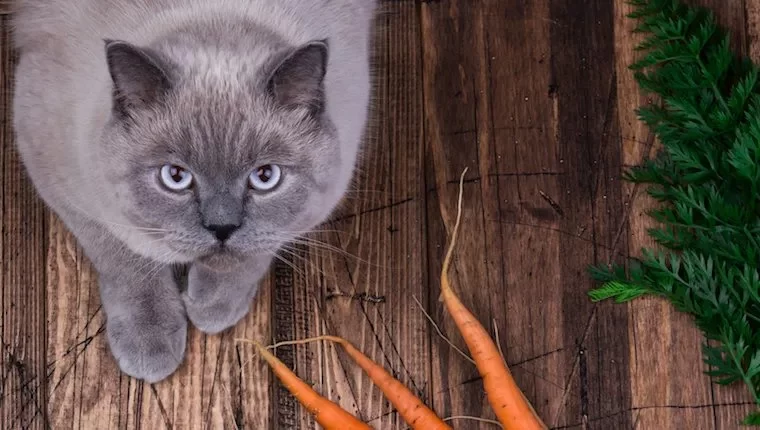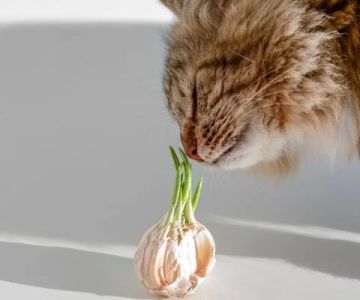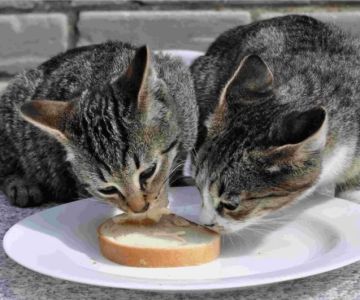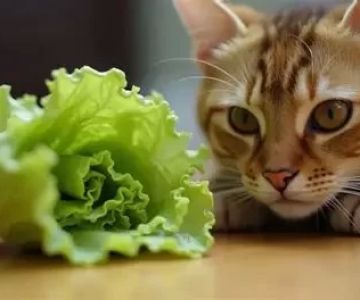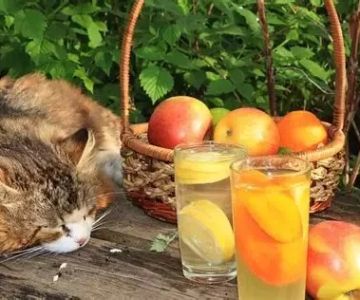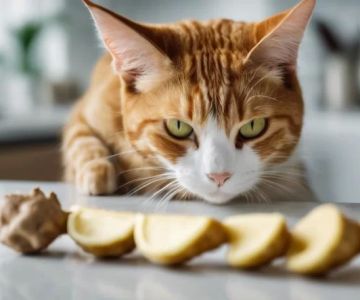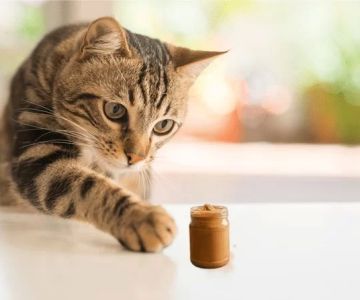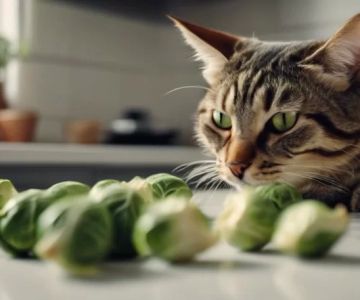- 1. Are Carrots Safe for Cats?
- 2. Nutritional Benefits of Carrots for Cats
- 3. How to Serve Carrots to Your Cat
- 4. What to Watch Out for When Feeding Carrots to Cats
- 5. Alternatives to Carrots for Cat Health
1. Are Carrots Safe for Cats?
Yes, carrots are generally safe for cats in moderation. While cats are obligate carnivores, meaning their diet primarily consists of meat, small amounts of vegetables like carrots can be offered as an occasional treat. Carrots do not pose any significant health risks to cats when prepared properly, but it’s important to note that they should never replace a balanced diet designed for your cat’s specific nutritional needs. Cats lack the digestive enzymes to fully process plant matter, so vegetables should only be offered in small amounts and should not be a staple of their diet.
2. Nutritional Benefits of Carrots for Cats
Carrots provide several potential health benefits for cats when offered as an occasional snack. Here are some of the key nutritional benefits:
- High in Beta-Carotene: Carrots are rich in beta-carotene, which the body converts to Vitamin A. This vitamin plays a crucial role in maintaining healthy skin, vision, and immune function in cats.
- Fiber: Carrots contain a good amount of fiber, which can help promote healthy digestion in cats when fed in moderation. Fiber can also support weight management in overweight cats by helping them feel fuller longer.
- Low in Calories: Carrots are low in calories, making them a healthier alternative to many store-bought cat treats, especially for cats that need to maintain a healthy weight.
3. How to Serve Carrots to Your Cat
While carrots can be a safe and healthy treat, how you serve them is key to ensuring your cat can enjoy them safely:
- Wash and Peel: Always wash carrots thoroughly and peel off the skin before serving them to your cat. This helps remove any dirt or pesticides that could be harmful to your pet.
- Cut Into Small Pieces: Cut the carrot into small, bite-sized pieces to reduce the risk of choking. Cats are often not used to chewing larger pieces of vegetables, so it’s best to make it easier for them.
- Cooked or Raw? You can serve carrots either raw or cooked, but keep in mind that cooked carrots might be easier for your cat to chew and digest. If you choose to cook them, steam or boil them rather than using butter or seasoning, which could upset your cat’s stomach.
4. What to Watch Out for When Feeding Carrots to Cats
While carrots can be a healthy addition to your cat’s diet in small amounts, there are a few things to keep in mind:
- Choking Hazard: As mentioned, always cut carrots into small pieces to avoid any choking risk. Cats may not chew properly, especially with firmer foods like carrots.
- Moderation is Key: Too much carrot can lead to digestive upset or diarrhea. A few small pieces occasionally is the best way to offer this vegetable.
- Watch for Allergies: Although rare, some cats may be allergic to certain vegetables, including carrots. If your cat shows signs of discomfort, such as vomiting, diarrhea, or itching after eating carrots, discontinue offering them and consult your veterinarian.
5. Alternatives to Carrots for Cat Health
If you’re looking for other healthy treats for your cat, consider these alternatives to carrots that provide similar benefits without the potential risks:
- Cooked Pumpkin: Like carrots, pumpkin is rich in fiber and beta-carotene and is often easier for cats to digest. It’s a great option for cats who need a digestive boost.
- Cucumber: Cucumbers are low in calories and high in water content, making them a refreshing treat for cats, especially during hot weather.
- Cooked Sweet Potato: Rich in vitamins and fiber, cooked sweet potatoes are another healthy option. They should be served in small amounts and without any added seasoning.
- Cat-Specific Treats: For a balanced snack, consider cat-specific treats available at pet stores. These treats are designed to meet your cat’s nutritional needs and are often fortified with vitamins and minerals.
For more advice on feeding your cat a balanced diet or if you have questions about your cat’s health, be sure to visit Hidden Brook Veterinary for expert guidance and recommendations on the best products for your cat’s needs.

